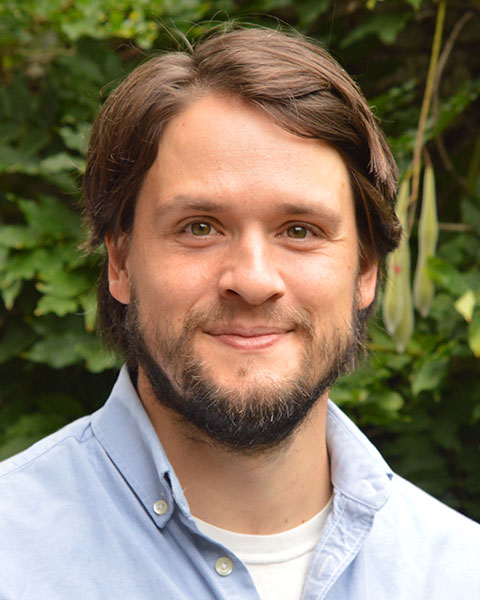Student 10-Minute Presentation
Plant-Insect Ecosystems
Student
Student Competition
A multidisciplinary approach to campus conservation: UW-Madison's bee campus initiative
- VS
Victoria Salerno (she/her/hers)
Graduate Assistant
University of Wisconsin
Middleton, Wisconsin 
James D. Crall
Assistant Professor
University of Wisconsin
Madison, Wisconsin
Russell L. Groves, Ph.D.
Professor
University of Wisconsin
Madison, Wisconsin
Presenting Author(s)
Co-Author(s)
Urbanization is one of the many mediators of global change affecting native biodiversity, directly impacting the resilience and dynamics of the world. Notably, a reduction in native insect pollinator numbers is widely discussed due to the significant impacts of these groups, including ecosystem and agricultural services. Interdisciplinary research approaches are needed to understand and elucidate the complex dynamics influencing native pollinator health and its interconnectedness with human civilizations. Campuses, often highly urbanized and populated areas, are landscapes that provide the opportunity to create educational and research opportunities that integrate the public and research needs.
UW-Madison is embarking upon its second official year as a Xerces Society Bee Campus Institution. The Bee Campus program supports educational institutions in reaching and maintaining a pollinator-friendly and conservation-minded campus through a multitude of strategies such as habitat implementation, education, and public integration. Within its time as a Bee Campus institution, UW-Madison has made progress toward these goals. These goals are intended to progress the university toward pollinator conservation overall. To understand the actualized impact of these strategies monitoring and assessment is a necessary next step. Here I provide an overview of the current efforts of the UW-Madison Bee Campus Initiative and the results of pollinator-forward action at UW-Madison and its measured impacts on the biodiversity and abundance of pollinators. Additionally, as the initiative continues, there is space to continually improve efforts and identify new directions. I will further discuss how the current research addresses the need for a continually evolving approach to urban conservation.

.png)

